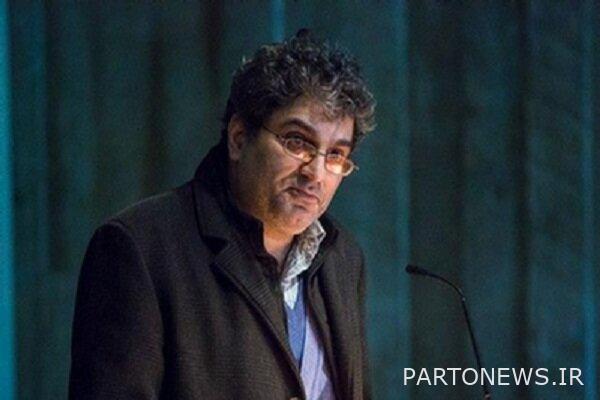The duty of intellectuals in the age of cyberspace; The Illusion of Thought Production on Facebook – Mehr News Agency Iran and world’s news

According to the Mehr correspondent, Hassan Ansari has written in a new note about the era of cyberspace and the duties of intellectuals in the face of the phenomena of this era.
Ansari is a researcher of Islamic history and thought and the author of books such as “Historical Studies in the Field of Islam and Shiism”, “Hidden Treasure, Description of the Life and Works of the late Allama Seyyed Abdul Aziz Tabatabai Yazdi” شرح المقدمة فی الکلام »is the work of Abu al-Qasim Abdul Rahman bin Ali Hosseini. He is currently a visiting lecturer at the Princeton Institute for Advanced Study School of Historical Studies and a member of the Higher Scientific Council of the Great Islamic Encyclopedia Center.
Read this note below:
Cyberspace has many benefits. But there are also plagues. One of these plagues is that it entices some to produce illusions. On Facebook and Twitter in particular, we see people who, despite claiming to have university degrees, have reduced their work to “point-and-click” and “reflection” and multi-line notebooks; Usually full of criticism of the status quo, from culture to economics and society and politics.
Criticism, of course, is in its place and by a person familiar with the details of good things; Unfortunately, this perspective often causes us to become overwhelmed when it’s time to start a project. We should all try not to get this disease. If you and I, whose job is to do research and writing and academic and methodical research, instead of doing our job and contributing and trying to improve the situation and build a future for the youth of this country, are constantly engaged in “marginalization”; So who should do our job? Ask yourself, what good book have we written in the last ten years? What basic text have we corrected and edited in these ten years? What valuable and important book in the field of humanities have we translated in the last ten years? What have you done and what have we done that we have to constantly take shape from this and that?
Is it possible to promote the culture of this country with just two lines here on Facebook and three lines there on Twitter and Telegram? If Forouzanfars and Mojtaba Minavis and Qazvinis and Homayis and Yahya Mahdavi and Iraj Afshar and many others did so in the last eighty years, do you think there was anything left of Iranian literature, culture and heritage today? That generation of our elders, despite all the shortcomings and problems, never failed in their duty. We have their heritage in our hands today and we are sitting at their table. What have we done for the future?

